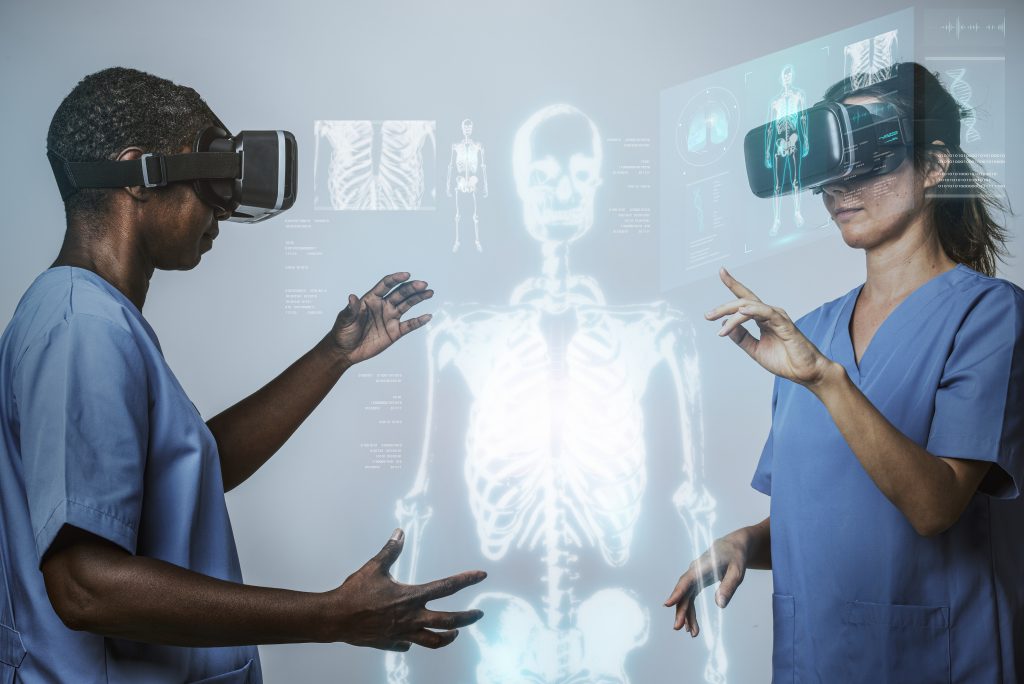5 Untold Truth About Artificial Intelligence (AI) in the Healthcare

AI is revolutionizing healthcare duties, offering benefits like increased efficiency, improved diagnostics, and better patient care. However, there are some often neglected truths about AI in healthcare.
Here are 5 key points to consider:
1- AI Enhances, Not Replaces, Healthcare Professionals
AI is designed to assist, not replace, doctors, nurses, and other healthcare providers like pharmacists too! It supports tasks like data analysis and decision-making but still relies on human professionals for final decisions. AI enhances human capabilities rather than fully replacing them.
2- Data Quality is Critical for AI Success
The effectiveness of AI depends on the quality of the data it’s trained on. Poor or incomplete data can lead to inaccurate results, negatively impacting patient care. Ensuring high-quality, diverse data is essential for reliable AI outcomes.
3- AI Can Be Biased
AI systems often learn from historical data that may contain biases. AI can strengthen these biases if not managed carefully, leading to unfair healthcare delivery. Using diverse and inclusive data during training is crucial to avoid this issue.
4- AI Lacks Emotional Intelligence
While AI can assist with tasks like diagnosis and treatment recommendations, it lacks the emotional intelligence needed to handle complex human interactions, such as delivering bad news or understanding patient emotions. Human empathy remains irreplaceable in healthcare.
5- Privacy and Data Security Remain Ongoing Concerns
AI in healthcare involves handling sensitive patient data and raising significant privacy and security concerns. Data breaches are still a real concern, so healthcare organizations need to make strong security a top priority.
While AI holds immense promise in healthcare, it comes with challenges that must be carefully addressed to ensure benefits for both healthcare professionals and patients.
0 Comments